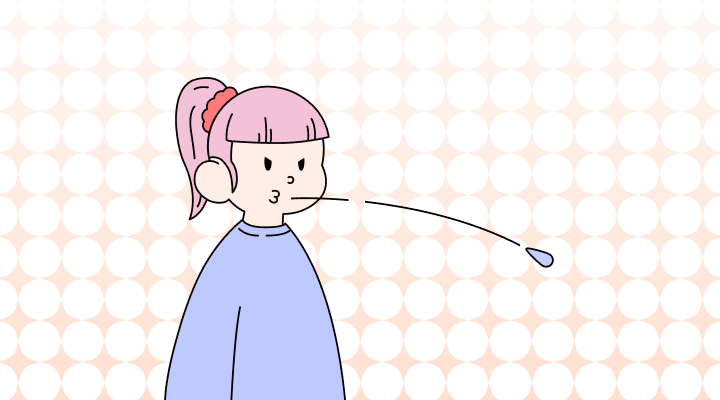"Expectorator" is a noun that refers to a person or thing that engages in coughing up or spitting out phlegm, mucus, or other substances from the throat or lungs.
Imagine a person sitting in a park, and they suddenly cough up phlegm from their throat and spit it onto the ground. In this situation, that person is an "expectorator." They engage in the act of expectoration, which involves expelling mucus or phlegm from their respiratory system. This term describes the action of someone spitting out such substances, often due to illness or irritation in the throat or lungs.
Although the term "expectorator" is used in specific medical or clinical contexts, it is not a common word used in everyday conversation.
Example sentences
- The patient was provided with a tissue and instructed to be a careful expectorator while recovering from bronchitis.
- In the medical lab, researchers use an artificial expectorator to simulate the process of coughing up sputum for testing.
- The expectorator in the doctor's office discreetly disposed of the used tissues in a hygienic manner.
- Smoking can turn an individual into a chronic expectorator, as it damages the respiratory system.
- The school nurse advised the young students on the importance of covering their mouth when they became expectorators due to a cold.
- During flu season, it's important to remind everyone to be responsible expectorators to prevent the spread of germs.
- He became a heavy expectorator after years of smoking, leading to respiratory health issues.
- The expectorator's persistent cough alarmed those around him, prompting a visit to the doctor.
- The athlete turned out to be an unexpected expectorator during the intense training session, which raised concerns about his fitness.
- A well-maintained expectorator's etiquette is essential in public spaces to maintain cleanliness and hygiene.
Want to sound like a native speaker?
Engram’s AI-powered grammar checker makes your English sound like a native speaker’s, suggesting natural English expressions on top of fixing grammar, spelling, punctuation, word order, and vocabulary.

Reference:














